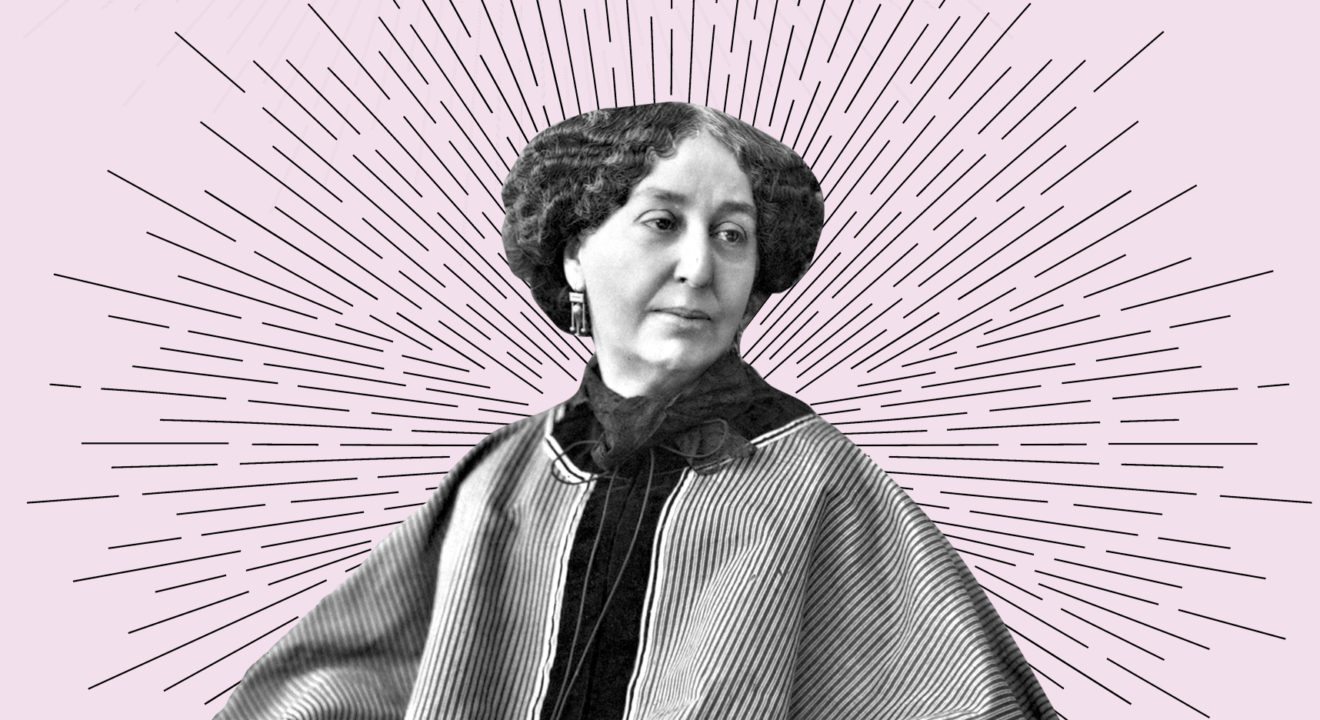Inspiration January 26, 2017


In our ongoing series #WomenThatDid ENTITY profiles inspirational and famous women in history whose impact on our world can still be felt today. If you have a suggestion for a historical powerhouse you would like to see featured tweet us with the hashtag #WomenThatDid.
Name: George Sand
Lifetime: July 1, 1804 – June 8, 1876
What she’s known for: Born Amantine-Lucile-Aurore Dupin, George Sand was a French novelist best known for writing the books “La Petite Fadette,” “La Mare Au Diable” and “Lélia.” She is equally as well known for her highly publicized and controversial lifestyle.
Why we love her: George was raised by her grandmother and had a liberal upbringing that influenced her later life. At 18 she married Casimir Dudevant and had two children – Maurice and Solange – with him. However their marriage was short-lived and in 1831 she separated from her husband, taking her two children with her.
She considered this time one of “romantic rebellion” and officially separated from him four years later in order to continue her romantic escapades. Her relationships varied from year to year, but were not limited only to men. Later in her life she began a close friendship with fellow French writer Gustave Flaubert.
She continued to flaunt her unusual lifestyle when she began wearing men’s clothes in public. While controversial, this gave her new access to places that particularly barred women. However it was considered too much of a deviation from typical female behavior when she took up smoking in public.
Sand wrote several works in collaboration with other authors and adopted the name George Sand for her first independent novel. She wasn’t limited to fiction; in addition to her novels she wrote literary criticism and political texts. She sided with the poor and the working class, establishing herself as a socialist. After her death, Sand was frequently referenced by other authors, including Walt Whitman, Elizabeth Barrett Browning, Virginia Woolf and Marcel Proust.
Fun fact: While the popular movie “Moulin Rouge!” is quoted saying, “The greatest thing you’ll ever learn is just to love and be loved in return,” this is in fact a deviation from one of Sand’s most popular phrases. She said, “There is only one happiness in life, to love and be loved.”